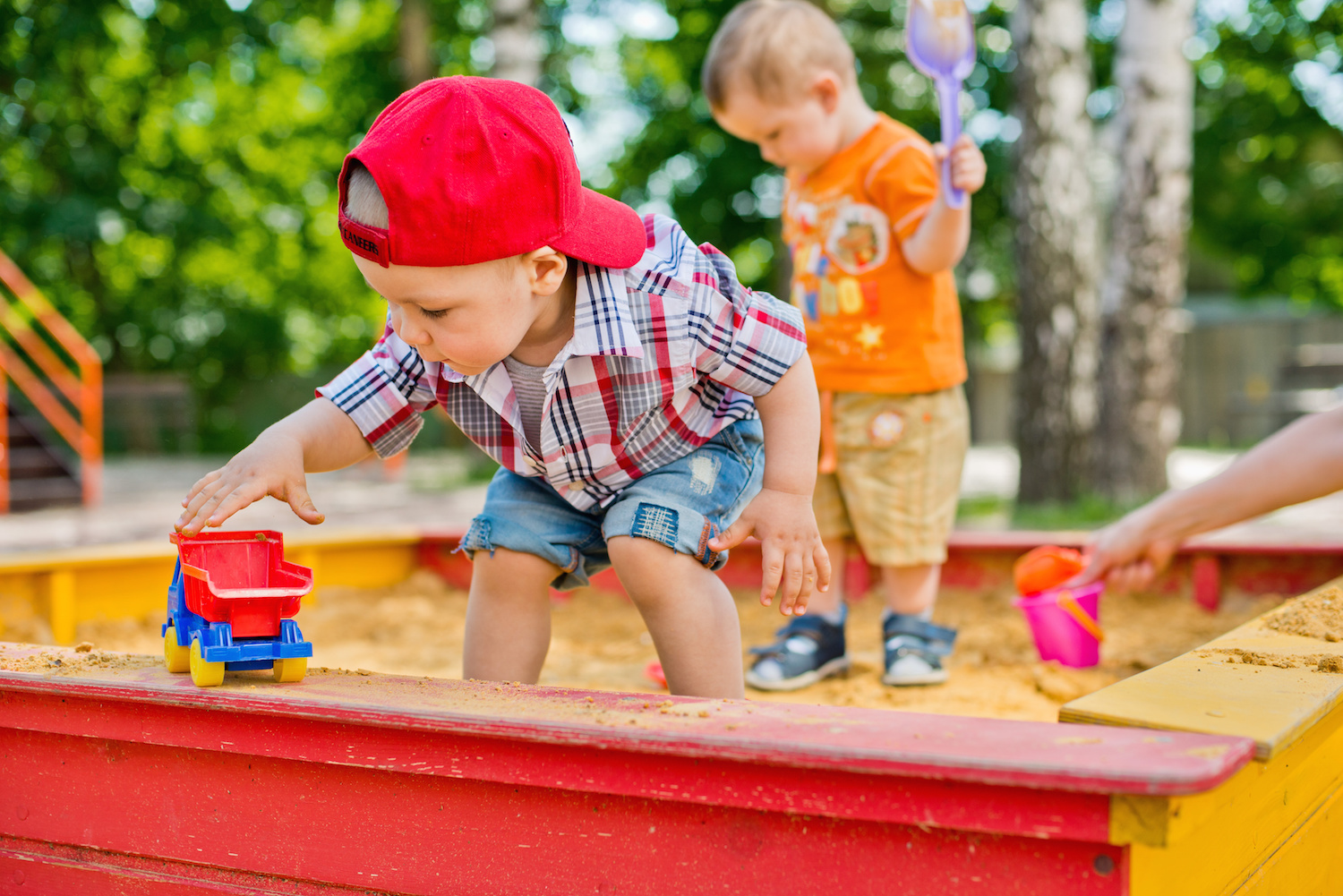We often have families request more “educational” type experiences such as rote learning number, writing and stencil work in early childhood settings as these are believed to prepare their child for school. We may also hear comments such as “they are just playing…” “they just run around”…
While as educators we can be left feeling frustrated when we try to explain the significance of play, we need to understand and empathize with a family’s desire to want the best for their child. So, in an effort to promote the importance of play and how this supports the learning process, the foundation of academic skill as well as positive mental health outcomes, we need to nurture these new understanding for families.
It is so much more than “we implement a play based program”. While we, as educators may understand this notion, parents hold a different perspective. So instead, we can say ” we implement a program that supports and nurtures children’s development, knowledge and skills that will develop the foundations for academic learning and best prepare them for the transition to school (and life)”
So why is play so important? What can we tell families?
When I run my “Importance of Play for your Child’s Success” Parent Information sessions at ECE services the main messages I send are;
i. Play should never be underestimated and it is critical for brain development
ii. When children play they use imagination and imitation which requires complex cognitive or intellectual processes. This will, in turn develop positive dispositions for learning, such as curiosity and persistence, memory and thinking and language and literacy skills
iii. Play is associated with the development of creative skills, fostering creativity of thought, imagination, strategies for problem solving and the development of divergent thinking
iv. Play is associated with the development of social and emotional skills and understandings, enabling children to understand relationships, empathy and self-regulation
v. Play is related to physical health and well developed physical skills and confidence leads to healthy risk taking and a positive sense of self
This list is by no means exhaustive however it is a great starting point! We need to advocate for children’s right to play, to explore, engage, create, imagine, problem-solve and laugh!
As Albert Einstein said “Play is the highest form of research”

Leave a Reply